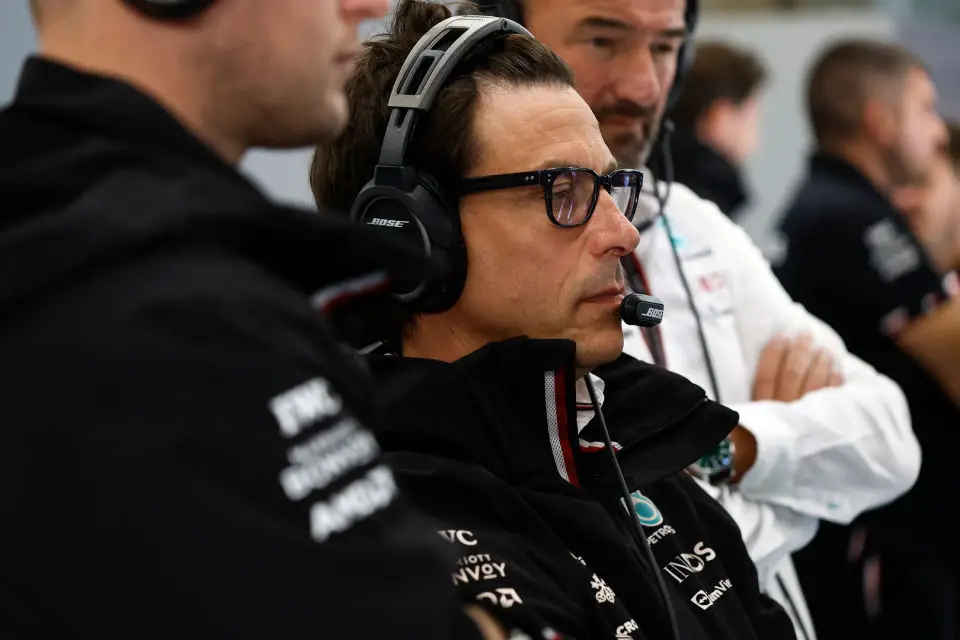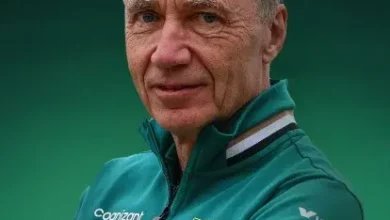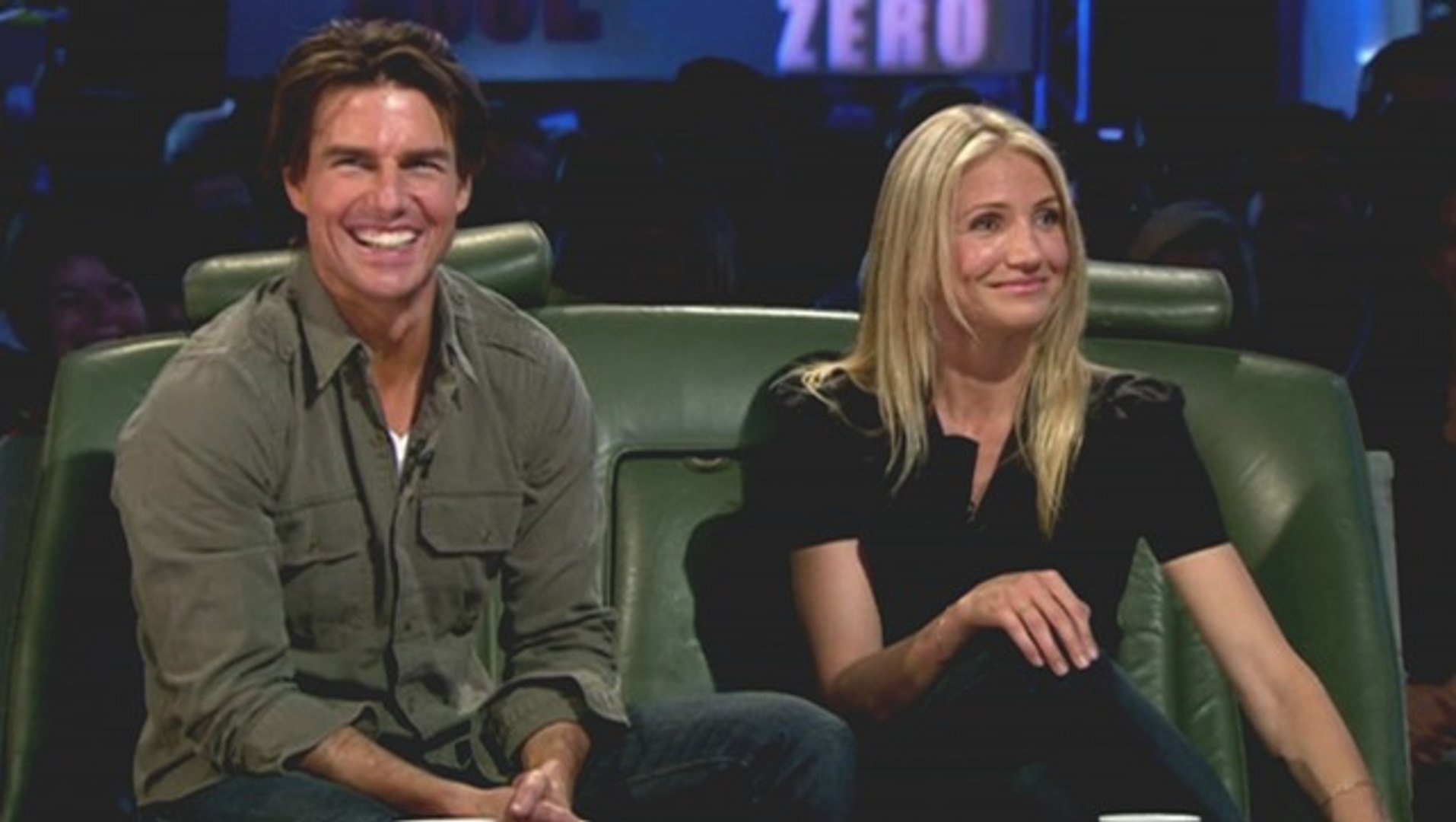Toto Wolff’s Candid Reflection on Mercedes’ Disappointing Show at Dutch GP: A Comprehensive Analysis
Mercedes CEO Toto Wolff openly critiqued the team’s performance at the Dutch Grand Prix, terming it “subpar” and acknowledging major strategic errors. This candid admission highlights the challenges faced by Mercedes in a race marked by chaotic weather and strategic blunders.
Key Takeaways:
- Challenging Conditions: The Dutch Grand Prix was characterized by unpredictable weather, with rain causing strategic difficulties for all teams. The weather played a significant role in the race’s outcome, impacting team strategies and performances.
- Mercedes’ Struggles: George Russell, starting third, retired due to a puncture after a collision, while Lewis Hamilton, starting from the thirteenth position, finished sixth. These results reflect the struggle Mercedes faced throughout the race.
- Wolff’s Honest Assessment: Toto Wolff’s post-race comments with Sky Sports F1 were brutally honest, acknowledging the team’s strategic mistakes and the pain of their subpar performance. He emphasized the importance of learning from such experiences to improve future performances.

Mercedes’ journey at the Dutch Grand Prix was far from smooth. Right from the outset, the race posed significant challenges, primarily due to the erratic weather conditions. The rain’s onset threw teams into disarray, forcing them to continuously adjust their strategies. This unpredictability was a crucial factor in the race’s progression and ultimately influenced the outcomes for many, including Mercedes.
Toto Wolff’s response to the team’s performance was forthright and introspective. In his interview, Wolff didn’t shy away from accepting the faults in their strategy. He lamented the decision to stay out longer than necessary, a move that he described as “catastrophically” wrong. Wolff’s openness about the team’s shortcomings reflects a commitment to transparency and a desire to learn from mistakes.
The impact of these strategic errors was evident in the performance of Mercedes’ drivers. George Russell, who had a promising start at third, had to bow out of the race following a puncture caused by a minor collision with Lando Norris. Lewis Hamilton, who had a less advantageous start from the thirteenth position, managed to claw his way up to finish sixth. These outcomes, though not disastrous, were certainly not up to the standards Mercedes sets for itself.
Wolff’s comments underline a deeper philosophy within the team. He expressed a preference for having a faster car and better pace over mediocre results, highlighting the team’s focus on excellence and top performance. His analysis of the race showed what could have been possible under different circumstances, with both Russell and Hamilton showing strong potential.
The race’s conclusion left Mercedes in a challenging position in the standings, still trailing behind the dominant Red Bull team, which leads with a substantial point difference. However, Wolff’s determination and the team’s resilience suggest a strong desire to learn and improve. The focus now shifts to the upcoming races, where Mercedes will look to implement lessons learned from the Dutch Grand Prix.
In conclusion, the Dutch Grand Prix served as a reality check for Mercedes, underscored by Toto Wolff’s candid assessment. It was a race that tested the team’s adaptability and strategic acumen, revealing areas for improvement. As the season progresses, the team’s response to these challenges will be keenly watched by fans and analysts alike.



